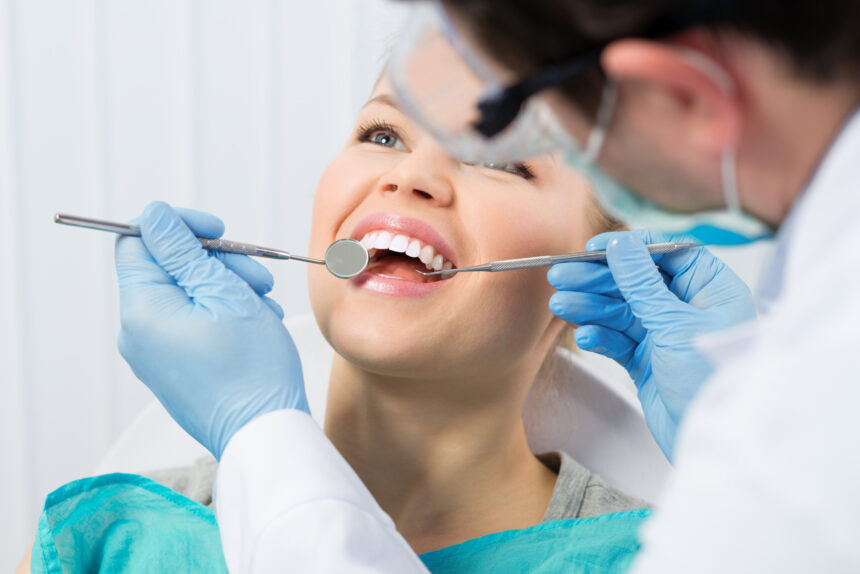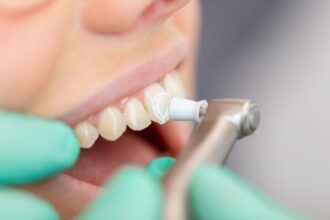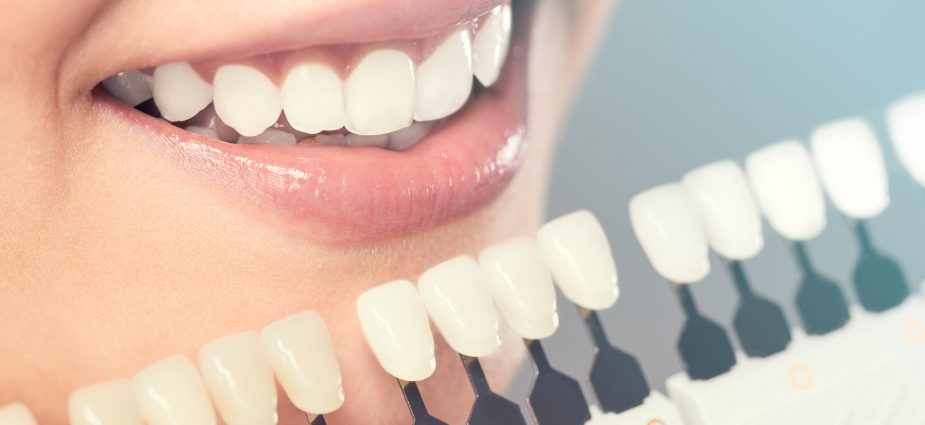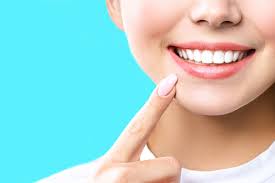When it comes to oral health, prevention is always better than cure. Preventive dental care focuses on maintaining healthy teeth and gums to avoid cavities, gum disease, tooth loss, and other oral health complications. By committing to regular dental check-ups, cleanings, and good home habits, you’re not just preserving your smile—you’re protecting your overall health.
In this article, we’ll explore the value of preventive dentistry, what’s involved, and how a few simple actions can make a lifetime of difference.
🦷 What Is Preventive Dental Care?
Preventive dental care is a proactive approach to dental health. It includes:
- Regular dental check-ups
- Professional cleanings
- Dental X-rays (when needed)
- Fluoride treatments
- Sealants
- At-home oral hygiene practices
The goal is to catch problems early—before they require costly or invasive treatments.
👩⚕️ Why Are Regular Dental Check-Ups So Important?
Routine dental visits (typically every 6 months) allow your dentist to:
- Detect cavities early
- Identify gum disease in its initial stages
- Screen for oral cancer and other abnormalities
- Monitor overall oral development (especially in children)
- Assess tooth wear, bite issues, and jaw problems
Early detection = easier, cheaper, and less painful treatment.
🪥 Key Components of Preventive Care
1. Professional Cleanings
Even with daily brushing and flossing, plaque and tartar can build up in hard-to-reach areas. Professional cleanings help:
- Prevent gum inflammation (gingivitis)
- Reduce the risk of cavities
- Improve breath and polish your teeth
2. Fluoride Treatments
Fluoride strengthens tooth enamel and helps reverse early tooth decay. It’s especially beneficial for:
- Children
- Adults with dry mouth
- Patients prone to cavities
3. Dental Sealants
Sealants are thin coatings applied to molars to prevent decay. They’re typically used for children but can benefit adults too.
4. X-rays
X-rays reveal hidden issues such as:
- Bone loss
- Impacted teeth
- Decay between teeth
- Infections beneath the gums
🏡 At-Home Preventive Habits
Preventive dental care starts at home. The basics include:
- Brushing twice daily with fluoride toothpaste
- Flossing once a day
- Eating a tooth-friendly diet (low in sugar, high in fiber)
- Using mouthwash to reduce bacteria
- Avoiding tobacco and limiting acidic or sugary drinks
Tip: Replace your toothbrush every 3 months or after illness.
💡 Long-Term Benefits of Preventive Dental Care
- Saves money by avoiding costly dental procedures
- Reduces pain and discomfort from dental emergencies
- Preserves natural teeth longer
- Boosts confidence with a brighter, healthier smile
- Improves overall health (oral health is linked to heart disease, diabetes, and respiratory infections)
🙋 8 Unique FAQs About Preventive Dental Care
Q1: How often should I visit the dentist?
A: Most people benefit from a check-up every 6 months. Some may need more frequent visits based on risk factors.
Q2: Are dental check-ups necessary if I’m not experiencing pain?
A: Yes. Dental issues like cavities or gum disease often develop silently and are easier to treat early.
Q3: Is preventive dental care only for kids?
A: Not at all. It’s essential for everyone, including adults and seniors.
Q4: Does dental insurance cover preventive care?
A: Most plans fully or partially cover check-ups, cleanings, and basic preventive treatments.
Q5: Are electric toothbrushes better?
A: Many dentists recommend electric brushes for their superior plaque removal and ease of use.
Q6: Can diet affect dental health?
A: Absolutely. Foods high in sugar or acids can erode enamel and cause decay. A balanced diet supports stronger teeth.
Q7: What are the early signs of gum disease?
A: Red, swollen, or bleeding gums; bad breath; and gum recession are all warning signs.
Q8: How can I reduce dental anxiety for regular visits?
A: Communicate with your dentist, schedule morning appointments, practice relaxation techniques, or ask about sedation options.
🌟 Conclusion: Protect Your Smile Before Problems Start
Preventive dental care is the foundation of a lifetime of healthy smiles. With regular check-ups, good hygiene, and healthy habits, you can avoid dental problems before they even begin. It’s a small investment of time that offers big returns in comfort, confidence, and cost savings.
So don’t wait for a toothache to see your dentist—make preventive care a priority today. Your future self (and smile) will thank you.












